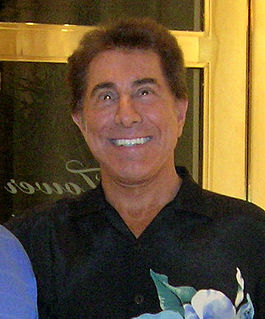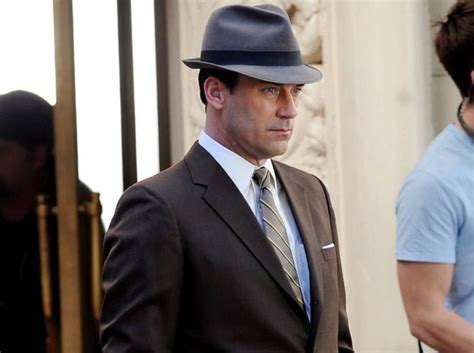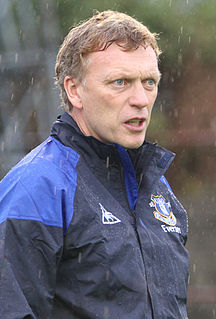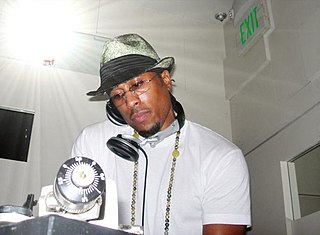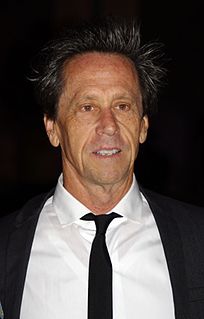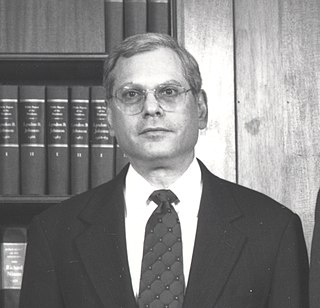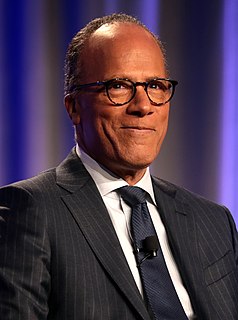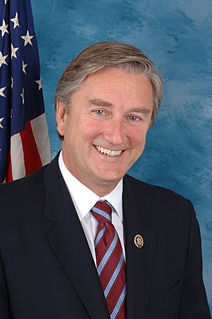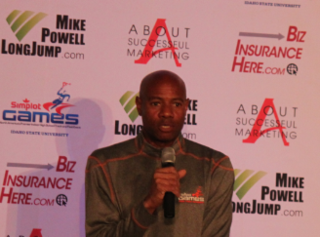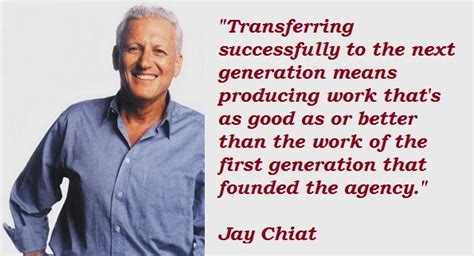Top 1200 Information Technology Quotes & Sayings - Page 5
Explore popular Information Technology quotes.
Last updated on November 15, 2024.
I have very little respect for the integrity of the trading on the exchange in most stocks. And I have particular disdain for the fact that the SEC has failed to deal with high-frequency traders who are doing nothing more than taking advantage of inside information, a buy or a sell order, because of technology advantages.
An acoustic ecologist is a listener who is aware that sound is information. It's information because it's created by events, events produce sound, and that sound has all kinds of data, if you will, that conveys what event occurred, what the materials were, whether it was sudden, slow, loud, in what direction. And because it is information, we can think of it as a message. The acoustic ecologist studies information systems that are both intentional and sometimes wild.
The most important feature of an information economy, in which information is defined as surprise, is the overthrow, not the attainment, of equilibrium. The science that we have come to know as information theory establishes the supremacy of the entrepreneur because it appreciates the powerful connection between destruction and what Schumpeter described as "creative destruction," between chaos and creativity.
Our adversaries - terrorists, foreign intelligence services, and criminals - take advantage of modern technology to hide their communications; recruit followers; and plan, conduct, and encourage espionage, cyber attacks, or terrorism to disperse information on different methods to attack the U.S. homeland and to facilitate other illegal activities.
You have this certain about of responsibility to play a fictitious character and you have a script that's guiding you and the other information of the custom department's choices, and the set department, "Where are you," and all those other pieces of information but you have to cull from your imagination the answer to all the unasked questions. And with a real person, there's someone to get that information from, perhaps.
Nothing new is on the earth right now. Technology, the things that we're discovering, it's been sitting here just waiting for someone to brush it off and go, 'Oh, let me read that. Let me see how I can use this information.' And it doesn't matter if it's from a tech perspective or a philosophical perspective.
If you share information widely, but you present that information in ways that fits your own view, you're actually still misrepresenting. So instead what you should do is figure out ways to build systems that allow people to experience and classify their information in ways that are meaningful for them.
The major impediment to experiencing the sacred depths of ordinary moments is the speed and distraction of contemporary life that moves to the imperatives of the global economic order.In addition, we increasingly live in a virtual world in which our reality is filtered through media and information technology.
Today, no one would dispute that information technology has become the backbone of commerce. It underpins the operations of individual companies, ties together far-flung supply chains, and, increasingly, links businesses to the customers they serve. Hardly a dollar or a euro changes hands anymore without the aid of computer systems.
I am saddened by the release by a national media outlet of my opponent's involvement in pornography. I strongly condemn the release of this information. Our campaign was aware of this information several months ago, and made a very determined decision to not use or disperse this information in any way, shape,or form.
Jobs offshoring began with manufacturing, but the rise of the high-speed Internet made it possible to move offshore tradable professional skills, such as software engineering, information technology, various forms of engineering, architecture, accounting, and even the medical reading of MRIs and CT-Scans.
One can think of a secretary actively operating a filing system, of a librarian actively cataloguing books, of a computer actively sorting out information. The mind however does not actively sort out information. The information sorts itself out and organises itself into patterns. The mind is passive. The mind only provides an opportunity for the information to behave in this way. The mind provides a special environment in which information can become self-organising. This special environment is a memory surface with special characteristics.
Young people - with their dynamism, their energy and their inherent understanding of our interconnected world - have much to teach us. Increased educational attainment, advances in technology and the spread of information have made this generation the best educated, most connected and most informed in history
The E-government cabinet, E-health services, online voting, online pre-filled tax returns, e-mobile parking, are all examples of Estonian innovation, but far more importantly, they are examples of the transformative power of intensive and extensive use of Information Technology in the public sector.
Groups are only smart when there is a balance between the information that everyone in the group shares and the information that each of the members of the group holds privately. It's the combination of all those pieces of independent information, some of them right, some of the wrong, that keeps the group wise.
Embedded in every technology there is a powerful idea, sometimes two or three powerful ideas. Like language itself, a technology predisposes us to favor and value certain perspectives and accomplishments and to subordinate others. Every technology has a philosophy, which is given expression in how the technology makes people use their minds, in how it codifies the world, in which of our senses it amplifies, in which of our emotional and intellectual tendencies it disregards.
There are broader and narrower definitions of the new economy. The narrow version defines the new economy in terms of two principal developments: first, an increase in the economy's maximum sustainable growth rate and, second, the spread and increasing importance of information and communications technology.
Today we all are enjoying the fruits of the digital era. Millions of sources of information coming at us at lightning fast speed. That technology has also democratized the gathering and dissemination of news, allowing for 'citizen journalists' to make their mark, even usurping the role of mainstream news organizations at times.
I have no opposition at all to technology. I think technology is a wonderful thing that has to be used thoughtfully, and we can't just assume that every bit of new technology improvesthe quality of life; it's really in how the technology is used. What I am very disturbed about is this trend of everything happening faster and faster and faster and there being more and more general noise in the world, and less and less time for quiet reflection on who we are, and where we're going.
I always tell people what I did 50 years ago as a teenager is now 4,000 times easier to do today than when I did it. Technology breeds crime - it always has and it always will. There's always going to be people willing to use technology in a negative, self-serving way. So today it's much easier, whether it's forging checks or getting information. People go on Facebook and tell you what car they drive, their mother's name, where you are going on vacation, where you've been on vacation. There's nothing you can't research in a matter of a couple of minutes and find out about someone.
I think it's amazing when technology is used in a smart way, but the responsibility that comes with it... I think there's a lot of technology that we're using that we haven't thought through. It's a bit scary to put all your trust in technology and to think that that's what going to save us. We're going to have to make some compromises.
Science is not marginal. Like art, it is a universal possession of humanity, and scientific knowledge has become a vital part of our species' repertory. It comprises what we know of the material world with reasonable certainty. . . . Thanks to science and technology, access to factual information of all kinds is rising exponentially.
The body itself is an information processor. Memory resides not just in brains but in every cell. No wonder genetics bloomed along with information theory. DNA is the quintessential information molecule, the most advanced message processor at the cellular level - an alphabet and a code, 6 billion bits to form a human being.
Some of my pictures are poem-like in the sense that they are very condensed, haiku-lik. There are others that, if they were poetry, would be more like Ezra Pound. There is a lot of information in most of my pictures, but not the kind of information you see in documentary photography. There is emotional information in my photographs.
Only a very small number of the e-mails containing classified information bore markings indicating the presence of classified information. But even if information is not marked 'classified' in an e-mail, participants who know or should know that the subject matter is classified are still obligated to protect it.
You know, entropy is associated thermodynamically, in systems involving heat, with disorder. And in an analogous way, information is associated with disorder, which seems paradoxical. But when you think about it, a bit of information is a surprise. If you already knew what the message contained, there would be no new information in it.
